ACLT (African Caribbean Leukaemia Trust) team members joined revellers at Notting Hill Carnival 2022 to urge more people to sign up to become lifesaving donors.
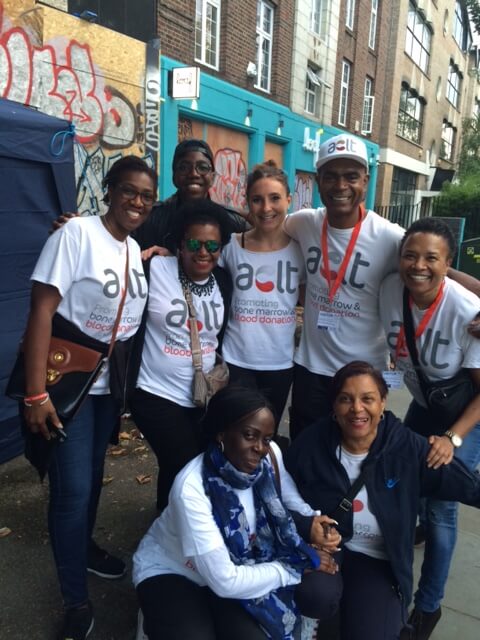
Image credit: ACLT
ACLT, the blood cancer charity, took the opportunity of encountering thousands of people at the return of the second biggest carnival in the world following a two-year break caused by the COVID-19 pandemic. On Sunday 28 August 2022, during the Bank Holiday weekend, ACLT team members were on hand to educate people about the importance of stem cell, blood and organ donation. They also encouraged revellers to register as potential lifesavers to the various donor registries.
The charity was keen to make the most of the opportunity of being face to face with people once again as the pandemic was a major setback for the healthcare sector and for blood cancer charities like ACLT, who were unable to hold registration drives to sign-up new stem cell, blood donors and organ donors.
Let’s talk about why we need more black organ donors says ACLT
In previous years, registration of new stem cell sign-ups for ACLT were more than 1,500, however, in 2020 figures came down to 143 and in 2021, to 620 (with a majority of these being added once restrictions eased in the last quarter of 2021).
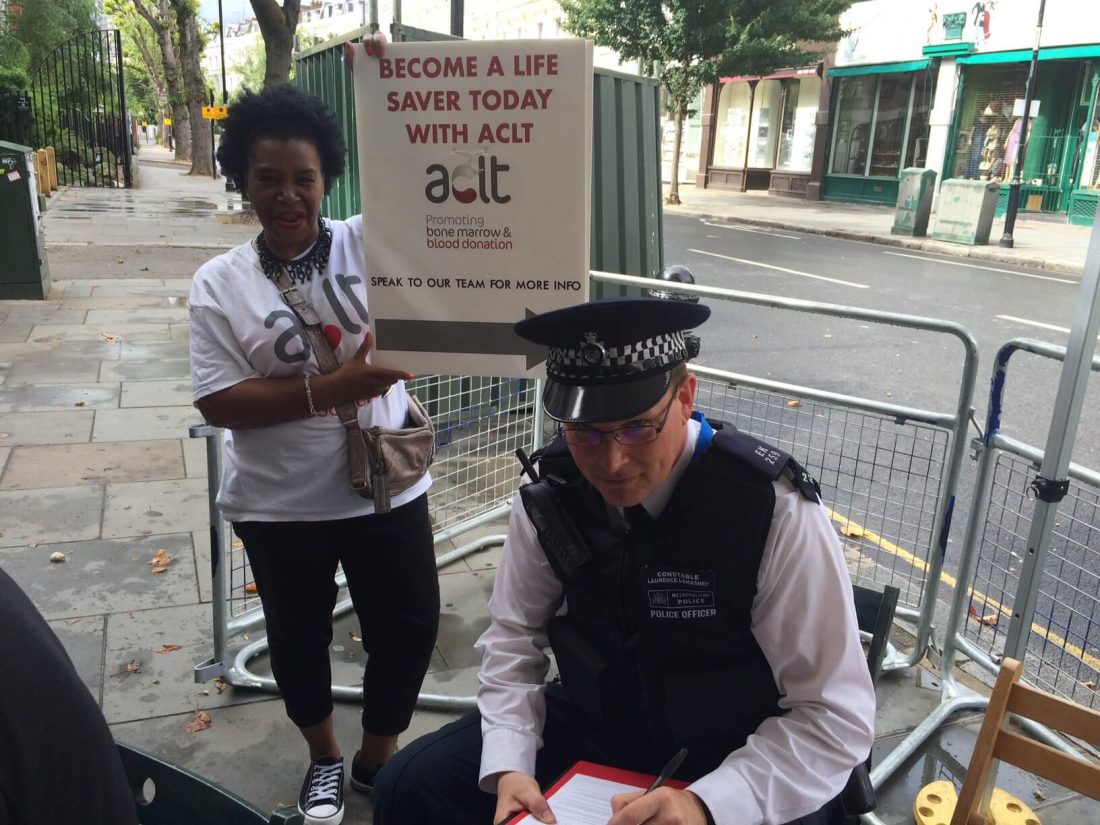
Since ACLT was formed in 1996, the charity has held 12 registration donor drives at Notting Hill Carnival. Over the years, ACLT has registered more than 1,600 people; with three of those individuals who registered going onto donate their stem cells (including the British actor David Harewood MBE who starred in ‘US hit show Homelands’), directly helping to save the lives of three individuals who desperately required a stem cell transplant to conquer their illness.
We have written about the vital importance of signing up new donor registrations, such as in the case of Charlie ‘Biggz’ Mensah-Bonsu from the Ghanaian British quartet and Ritchie’s story. As we have written previously, demand continues to trail behind supply.
Antoinette Carr, 49, is of Jamaican/Nigerian heritage residing in North London with her husband and two children aged 17 and 12.
Antoinette was diagnosed with Multiple Myeloma 10 years ago.
Antoinette:
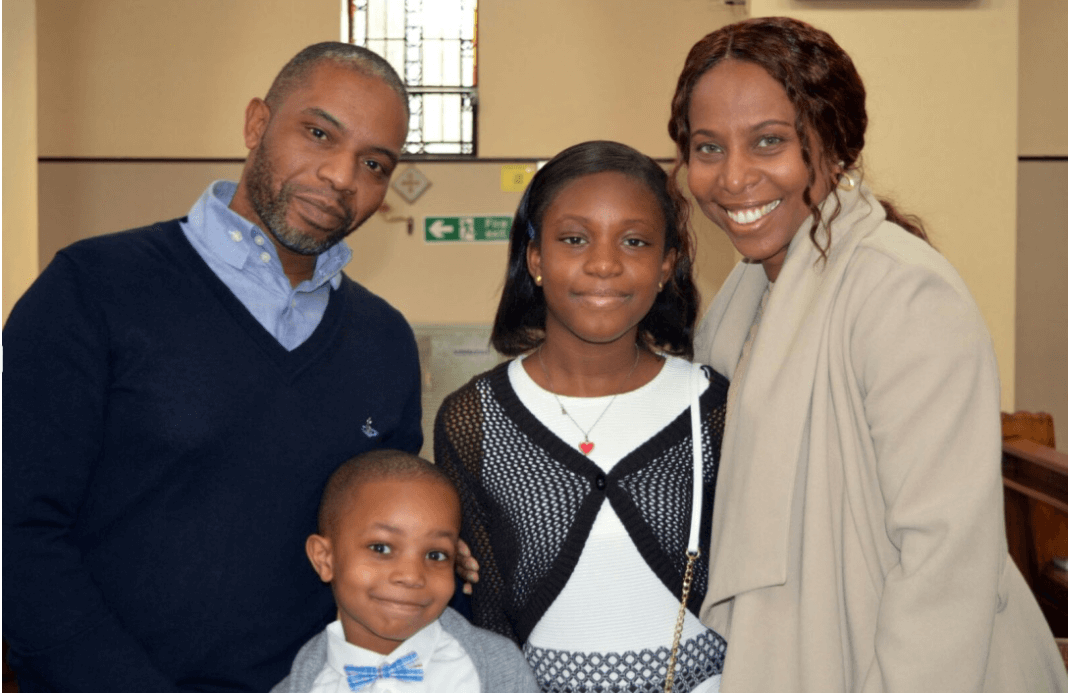
Image credit: ACLT
“I received my official diagnosis of Multiple Myeloma in 2011. I was told that myeloma is a blood cancer – for which there is no known cure. The only treatment they could provide me was to ‘put it to sleep’ for as long as possible.”
“I am currently on Cycle 12 of chemotherapy. In the absence of a matched stem cell donor, doctors are trying to keep my cancer cells stable. I’m currently on a clinical trial, however, doctors have confirmed the best treatment for me would be to receive a matched stem cell donor.
“I previously had an autologous transplant using my own cells about seven years ago, but this was unsuccessful.”
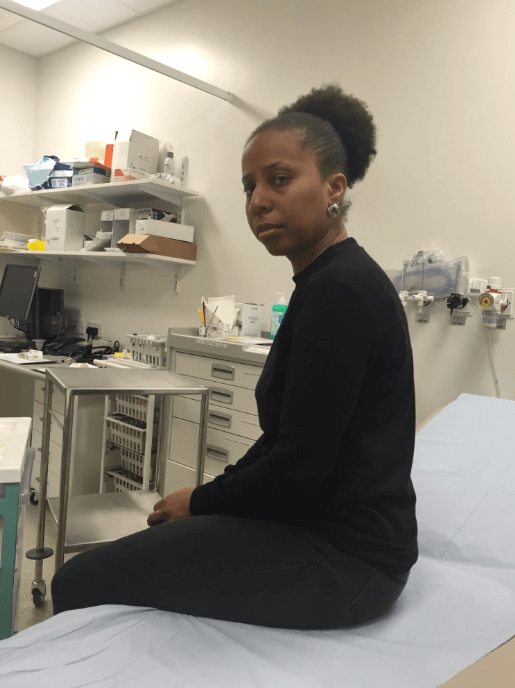
Image credit: ACLT
Over the years Antoinette has received eight lines of treatment including, an autologous stem cell transplant (a procedure where her own stem cells are removed from her bone marrow or peripheral blood and then re-transplanted back into her). However, if doctors are to put the incurable illness into a state of remission Antoinette will need to receive an allogeneic transplant (a transplant from a matched donor). Unfortunately, despite an initial search on the worldwide stem cell registry by her hospital, a match has sadly not been found.
This webinar on organ donation revealed issues that we must all tackle
ACLT co-founder Beverley De-Gale expressed relief at being able to return to carnival. She said: “ACLT is thrilled to return to Notting Hill Carnival this year as it provided us with a chance to share stories like Antoinette’s and hopefully find her a lifesaving stem cell donor, as well as encourage others to step forward to become lifesavers for a stranger in desperate need.
Whether revellers chose to join the two donor registers (stem cell or blood), record their decision to stay on the NHS Organ Donor Register or opt to find out more about becoming a living kidney donor; or simply choose to get educated on the subject matter to share with their network or for them to consider at a later date, we welcomed everyone at our stand.”

Image credit: ACLT
Every 14 minutes someone in the UK is diagnosed with a blood cancer, such as leukaemia. Every year, nearly 300 babies are diagnosed with sickle cell. In 2021/2022 out of 582 African Caribbean patients waiting to receive a kidney transplant, only 48 donors from this group donated as living or deceased donors. With more people choosing to consider becoming a stem cell, blood or organ donor will help save the many lives being needlessly lost, due to matched donors not being available at their time of need.
Who has donated the most in-demand type of blood for sickle cell patients?
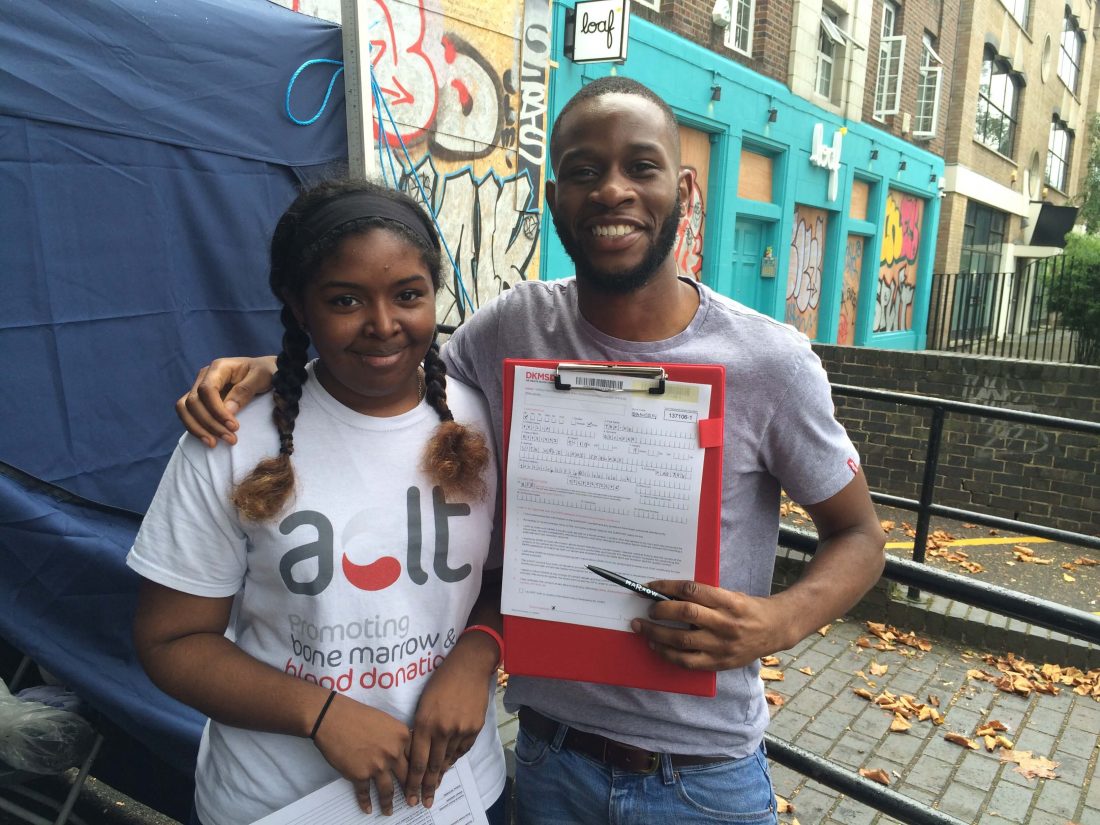
Joining and registering your interest to become lifesaving donors, takes a matter of minutes to complete, and will enable the ACLT to find more potential lifesaving donors; thus, helping to change the lives of people living with blood cancer such as leukaemia, blood disorders like sickle cell, or kidney failure, just like Antoinette.
To join the stem cell or blood donation register, or to register your interest to become a living donor, visit the ACLT website for more information, here.












